Pedaling Point
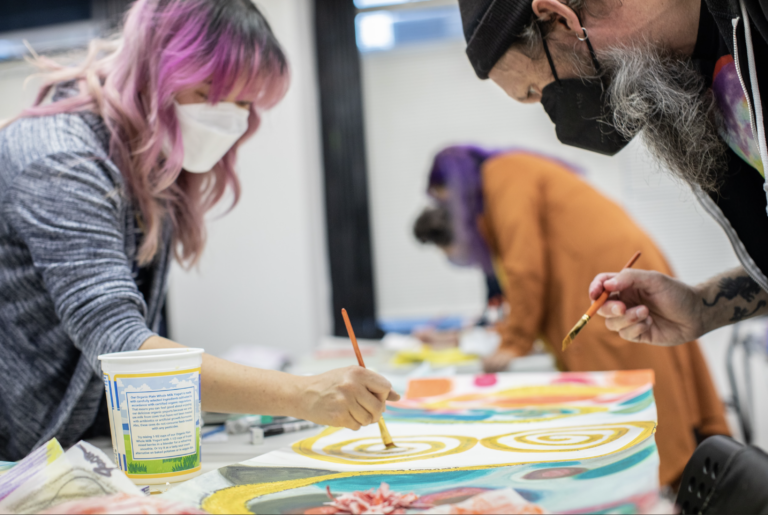
Drawing upon our shared human experiences, Pedaling Point will seek to spark conversation between refugees and non-refugees in our community, helping to bridge gaps of misunderstanding and isolation through dialogue, singing and shared narratives.
The vision of installation artist Taro Hattori, Pedaling Point will build upon the stories and songs of refugee and non-refugee participants, bringing divergent communities together to find points of connection and revelation. Alongside and following these conversations, Hattori’s installation will contextualize the results of the project, presenting them in an evocative interactive setting. The final art piece – 6 bicycles with confessional-like structures in tow – will explore the stories and songs of these connections, setting up spaces for encounter, reflection, and connection.
Envisioned as a way to approach the notion of in-group and out-group identities, Pedaling Point will seek to explore what people from different backgrounds and radically different points of view can learn from each other and create together. With the belief that conversation – even when it brings out uncomfortable truths – is better than isolation, our hope is to challenge the audience to connect with the stories being told, and to encourage the exchange of ideas, and a breakdown of barriers.
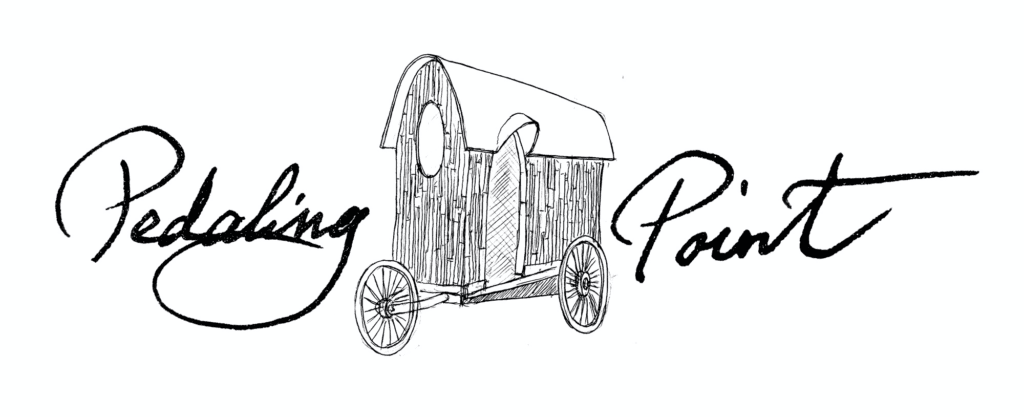
Taro Hattori // Lead Artist
Taro Hattori is an interdisciplinary installation and social practice artist who focuses on building a relationship between physical settings and the people with a specific socio-political background through their performances, conversations and singing. Hattori has been a recent recipient of grants from California Arts Council, Art Matters Foundation, Zellerbach Foundation, Center for Cultural Innovation and more. He has been awarded a residency fellowship from MacDowell, Headlands Center for the Arts, Montalvo Arts Center, Djerassi Resident Artist Program, The deYoung Art Museum, Kuandu Art Museum in Taiwan and others. Hattori currently teaches at California College of the Arts.
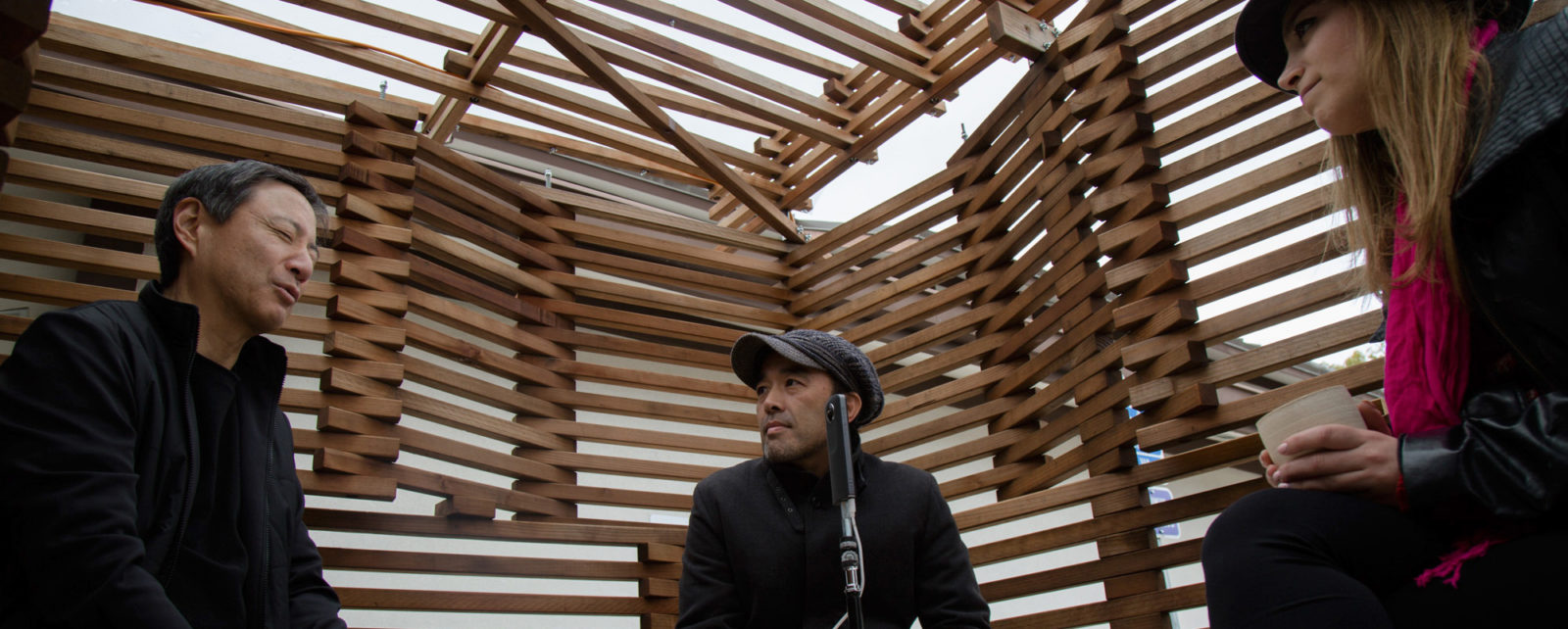



.

Sabina Kariat // Storytelling Workshop Facilitator
Sabina Shanti Kariat (she/her/they) is a second generation child of immigrants from South India whose artistic practice uses animation, illustration, co-creation, and anti-racist arts pedagogy as a way to platform stories of marginalized communities, combat the erasure of our community histories with visualization, to ideate radical futures through art, and ultimately to incite action to manifest those visions of equitable futures. Sabina has worked as a teaching artist and workshop facilitator in San Francisco, in rural Jharkhand India with Adivasi (indigenous) activists, and in Istanbul with Syrian-Turkish youth.
.
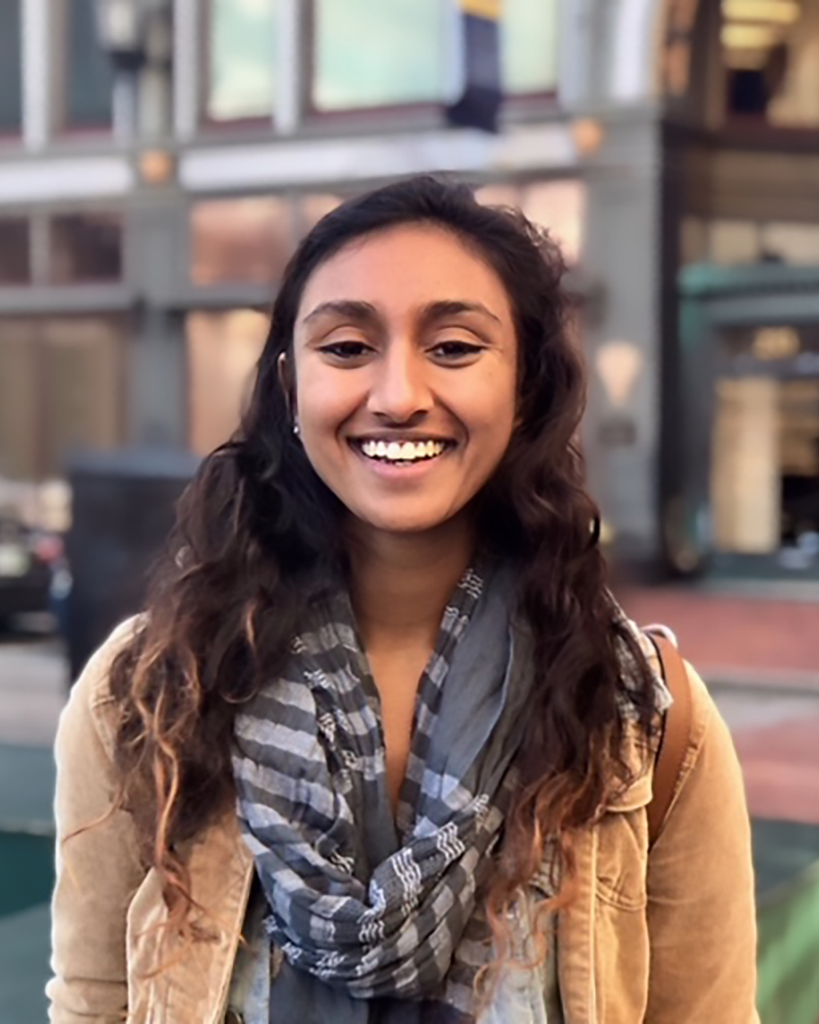
Sahba Aminikia // Singing Workshop Facilitator
Born in post-revolutionary wartime in Iran, Sahba Aminikia was raised during a newly configured democracy that evolved from mass-executions, war, and violence into a society that—through the use of the internet and technology—challenges the current political and social infrastructure. He has been trained in musical composition under Iranian pianists Nikan Milani, Safa Shahidi, and Mehran Rouhani, and has studied at the St. Petersburg State Conservatory in Russia under Boris Ivanovich Tishchenko. Aminikia is the founder and the artistic director of Flying Carpet Festival, a performing arts festival for children in war zones.
.
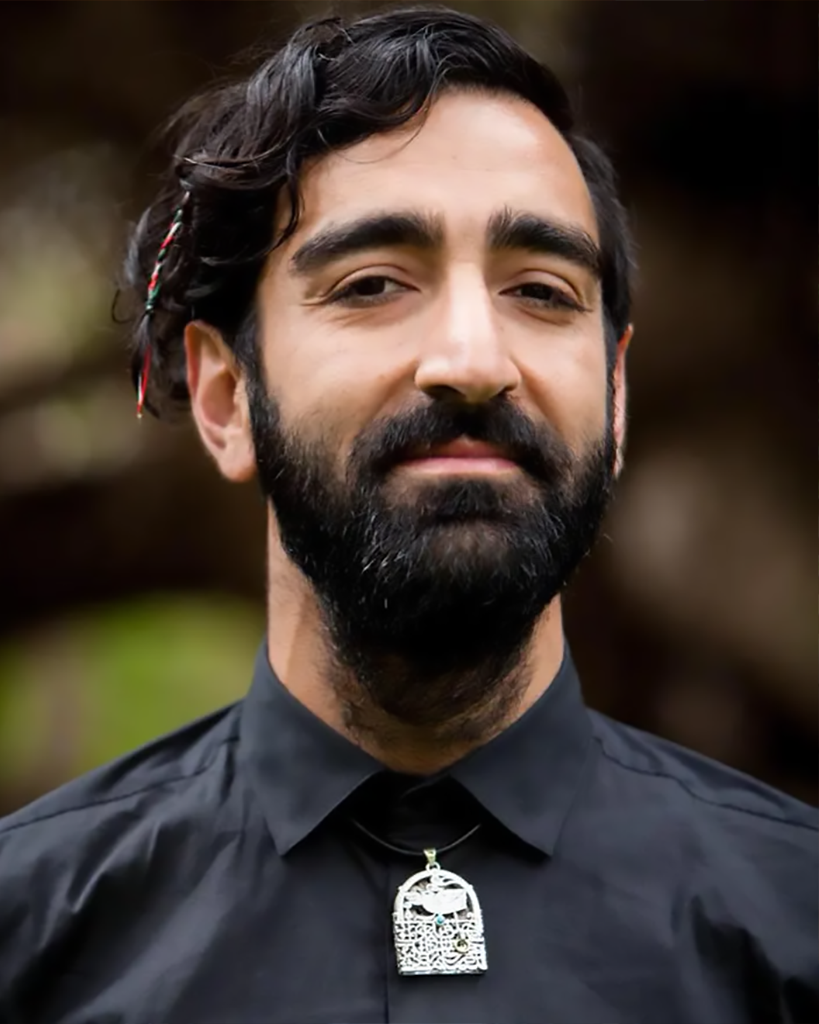
This project is made possible with generous support from the Phyllis C. Wattis Foundation and the Creative Work Fund, a grant program of the Walter & Elise Haas Fund that also is supported by the William & Flora Hewlett Foundation.

